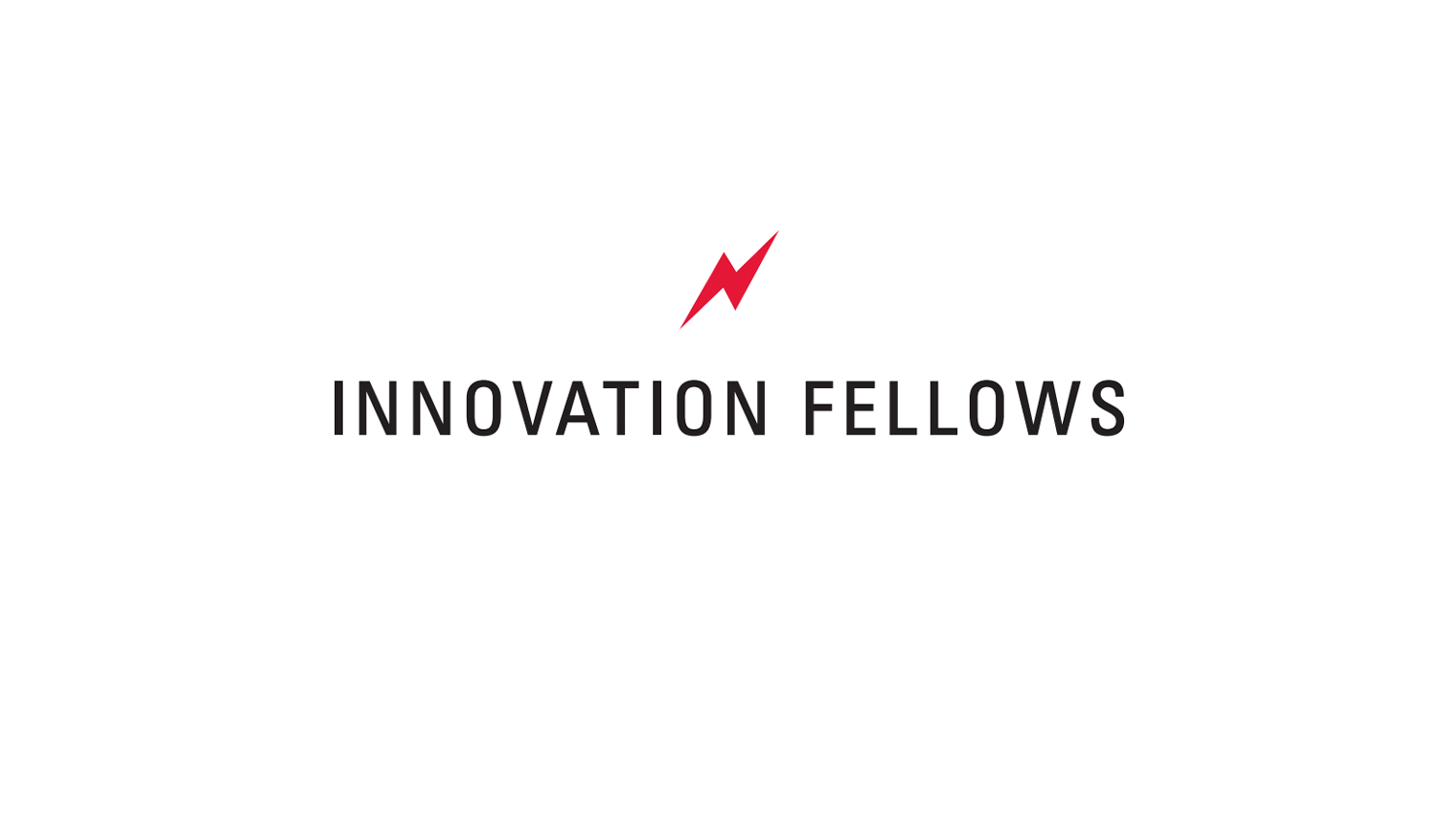AERA-NSF-funded Project Allows Assistant Professor Jackie Relyea To Explore Co-development of Reading Ability, Science Content Knowledge Among English Language Learners

Jackie Relyea, Ph.D., an assistant professor of literacy education in the NC State College of Education, has found that if children struggle with reading nonfiction, informational texts, it is often because their limited relevant background knowledge in the subject hinders their comprehension of the texts.
Elementary education that emphasizes the acquisition of science content knowledge through content-rich expository texts, Relyea’s research shows, can significantly improve students’ vocabulary knowledge depth, reading comprehension and writing abilities.
A recent study co-authored by Relyea and published in the Journal of Educational Psychology found that a group of first graders who participated in a 10-day reading program that used a series of science books had higher science knowledge and improved vocabulary knowledge, reading comprehension and argumentative writing compared with children who received regular instruction.
Relyea will build on those findings through the “Co-development of Reading Ability and Science Content Knowledge for Elementary Grade English Learners: The Role of Language Instruction Educational Program (LIEP)” project, funded by a 1-year, $25,000 grant from the American Educational Research Association (AERA) and National Science Foundation (NSF).
“If early literacy instruction supports content knowledge development, especially in science with many abstract and complex concepts, this may help young children build coherent mental representations of a text and make meaningful connections among elements in the text and relevant prior knowledge,” she said.
Reading instruction in early elementary grades, Relyea said, needs to provide more adequate opportunities for children to enjoy learning through reading content-rich challenging texts rather than overly emphasizing code-related literacy skills using less complex books.
Relyea hypothesizes that a dynamic, transactional interplay between reading ability and content knowledge begins to emerge as early as first grade. She argues that a more nuanced and enhanced understanding of how the relationship between reading ability and content knowledge unfolds over time is essential to informing instructional practices and intervention strategies to promote effective integration of literacy and content-area instruction in elementary schools.
“If all students, especially English learners, can benefit from content literacy instruction that aims to accelerate both academic language and content knowledge building simultaneously, this may contribute to the development of reading in English,” Relyea said. “If children have ample opportunity to read complex informational texts for learning new information even in the early grades, they will become more proficient at building knowledge retrieval structures in their long-term memory.”
English language learners, Relyea said, learn to read and learn academic content in a new language simultaneously. However, if they are given opportunities to build a networked knowledge structure of domain-specific academic words, concepts and ideas, in a subject like science, for example, they can leverage this knowledge when they read and write about new topics.
Unfortunately, Relyea said, many English language learners are often pulled out of content-focused lessons to receive intensive language-focused instruction, giving them limited exposure to knowledge-building classroom discourse.
Relyea’s proposed transactional model of reading-knowledge development — a theoretical model that will explore the reciprocal mechanisms of reading ability and science content development over time — will explore whether an English language learner’s attendance in a language instruction educational program affects the co-development of the two constructs.
The study will use a large-scale, nationally representative sample from the Early Childhood Longitudinal Study Kindergarten Class of 2010-11 to determine to what extent the growth trajectories of English reading ability and science content knowledge vary by the type of language instruction educational program a student participated in during first grade. In addition, it will explore whether or not an English language learner’s reading ability and science content knowledge are transactionally associated across time and if the degree of bidirectionality varies based upon the type of language instruction educational program they participated in.
- Categories:

